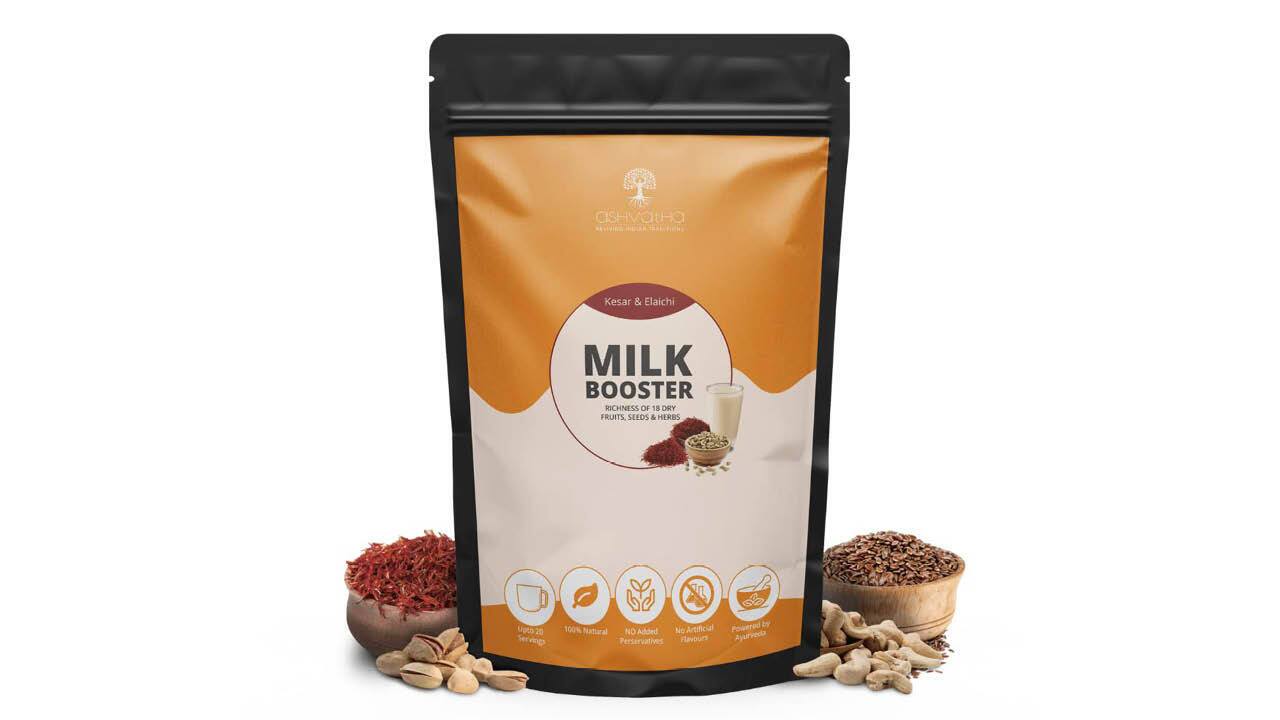Fitness trackers, YouTube work outs, yoga Zoom sessions, meditation apps – all these have become wildly popular and a part of our everyday lives in the past few years. However, post the COVID-19 pandemic and the fallout it had on mental and physical health brought holistic healing into the spotlight. The world turned to the ancient practice of Ayurveda for healing naturally. Ayurveda, which literally means, ‘The Science of Life’ in Sanskrit, is known to be one of the oldest healing sciences and the basis for many natural healing systems. And this science is making a comeback into Indian home and how!
Surging demand
As many consumers went online in their quest for emotional balance, with enquiries on diet and lifestyle to strengthen body and mind, the demand for Ayurvedic products also became high. In fact, it led to many sellers choosing the online platform for sales. Vedix, an online only brand experienced high demand for ingredient-driven products like onion hair oils, ubtan face washes or Vitamin C face serum. After launching on Amazon and other online marketplaces, they saw a 15% increase in revenue. Encouraged by this online success, they are now launching individual products, new categories and product ranges on Amazon first.
Similar is the story of Parag Kaushik, Co-Founder & Director, Upakarma Ayurveda, who says, “There’s been a surge in customers opting for Ayurveda products and leaning towards a healthier lifestyle and this reflects in the growth we are seeing in our business over the last many months. We had started Upakarma Ayurveda in 2017 and launched on Amazon.in in June 2018 and since then we have grown constantly with our business growing 100% YOY." Harikesh Yadav, Digital Marketing Manager, Ayurveda Organics says, “The demand for these products has seen a spike in the last 3 years. We prepare Ayurveda-based health supplements and have been selling these for the past three years on Amazon. In the recent times, the demand for these products spiked, especially for Vitamin C, multivitamins, and fat-burners. Despite the fact that this is a highly competitive space, there is a strong preference for herbal, natural and Ayurvedic products.”

Shop for Ayurveda Organics products
A perceivable shift
Aside of cosmetic therapies, sellers say that people sought out health supplements in various forms from tea, to sweets, jams and capsules for better sleep, increased immunity, reduced stress, nasal immunity, better digestion and many others.
Raju Kumar Saw, Business Operation Manager, e-commerce for Kerala Ayurveda, a provider of Ayurveda remedies for over 75 years says, “Previously very few people knew about Ayurveda, and were attracted to allopathy. Currently there is a shift, people are aware of the overall wellness benefits of Ayurveda and that there are no adverse effects. There are also many ways to get this information. For example, Neeli Bringha hair oil is much in demand, even though we don’t widely advertise it. Several YouTube videos consistently talk about how good this oil is for hair care.”
Seeking balance
In our current day context, the relevance of Ayurveda has been re-discovered, because it emphasizes internal and external balance, encourages awareness of one’s own constitution, and acknowledges one’s connection with nature. “Post COVID, we have seen a major shift in people’s thinking towards health. Rather than being treatment-oriented, they are more concerned about overall health. This has led to an increase in popularity of Ayurveda. Of course, ecommerce has played a big role in enhancing discoverability and helping us reach the masses,” says Ujjwal Soni, co-founder, Ashvatha.
“Since Gen Z places greater emphasis on taste, we have tweaked traditional Ayurvedic medicines to make them as delicious as possible and present them in a contemporary way,” he adds.

Shop for Ashvatha products
Following a World Health Organization (WHO) announcement in 2020 to set up an institute for traditional medicine and Ayurveda in India, two institutions were inaugurated —The Institute of Teaching and Research in Ayurveda (ITRA), Jamnagar (Gujarat), and the National Institute of Ayurveda (NIA), Jaipur (Rajasthan).












